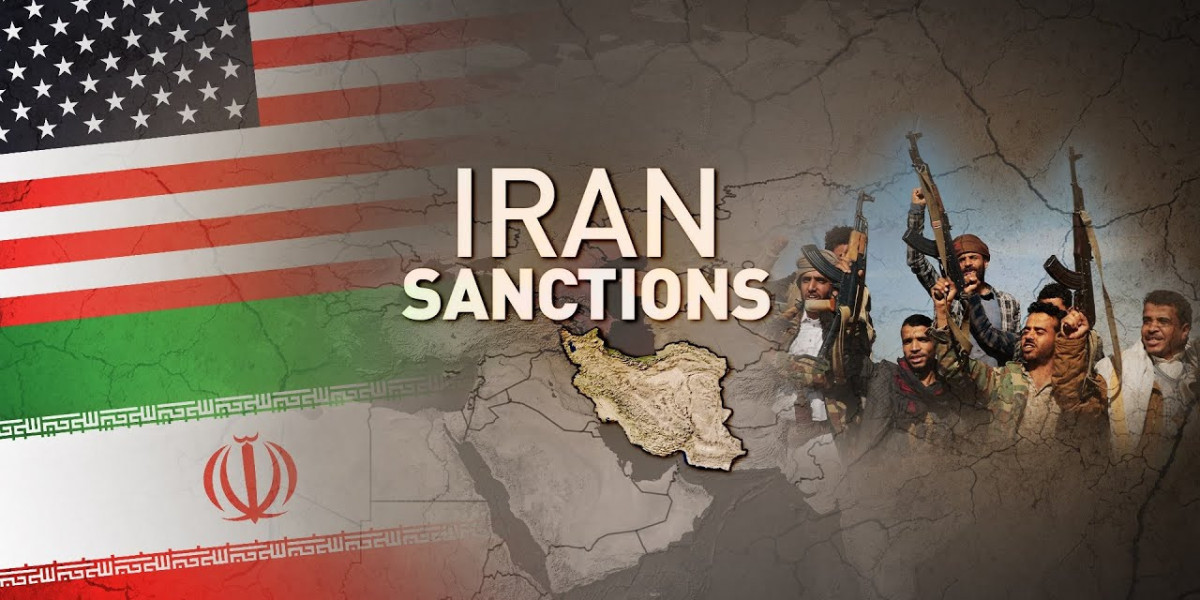The return of United Nations sanctions on Iran marks one of the most consequential developments in modern geopolitics. As the world grapples with shifting alliances and rising tensions, the decision to reinstate punitive measures against Tehran signals that diplomacy, deterrence, and international law are entering a new phase. The ripple effects extend far beyond the Middle East — touching global trade, energy markets, and the delicate balance of power among the world’s leading nations.
The Return of Sanctions
After years of negotiations, the UN Security Council has reactivated sanctions on Iran, citing Tehran’s alleged breaches of the 2015 nuclear agreement (JCPOA). The so-called snapback mechanism allows for sanctions to automatically return if Iran is found to be non-compliant with nuclear restrictions.
The restored measures once again target Iran’s arms trade, banking networks, oil exports, and technology sectors. These sanctions effectively re-isolate Iran from much of the international economy and restrict its ability to access foreign investment.
For Tehran, this development reopens an old wound — one that had only begun to heal following the 2015 deal. It also reignites tensions with the West at a time when the region is already fraught with conflict.
Global Reactions: A Divided Response
The United States welcomed the move, calling it “a victory for global security.” American officials argue that re-imposing sanctions is necessary to prevent Iran from acquiring nuclear weapons capability.
Meanwhile, European nations voiced mixed feelings. France, Germany, and the UK expressed support for renewed pressure but urged continued diplomatic efforts to bring Iran back into compliance. They fear that maximum pressure alone could destabilize the region and undermine future talks.
Russia and China, on the other hand, sharply criticized the decision, accusing Western nations of using sanctions as political tools rather than instruments of peace. Both have vowed to continue trade and defense cooperation with Tehran, deepening a rift in the global order.
Economic Fallout Inside Iran
The economic toll of renewed UN sanctions is already visible. The Iranian rial has fallen to record lows, inflation continues to rise, and unemployment is surging. Iran’s vital oil exports — once its main revenue source — face severe limitations, squeezing the government’s budget and welfare programs.
To counter the pressure, Tehran is leaning more heavily on informal trade networks, regional partners, and even cryptocurrency transactions to sustain its economy. However, experts say these measures can only delay the inevitable: a long-term decline unless sanctions are lifted or circumvented through new alliances.
Ordinary Iranians bear the brunt of the hardship, facing rising prices for essentials, limited access to medicine, and fewer job opportunities. Many view the sanctions as collective punishment, while others blame their own leadership for provoking international backlash.
Political and Security Implications
The reinstatement of sanctions carries profound security consequences for the Middle East. Analysts warn that it could trigger a new cycle of proxy conflicts as Iran seeks to assert influence in neighboring countries like Iraq, Syria, and Yemen.
The decision also threatens to escalate tensions in the Strait of Hormuz, a strategic chokepoint for global oil shipments. Any confrontation there could send energy prices soaring and disrupt international supply chains.
For regional powers like Saudi Arabia and Israel, the UN’s move is both reassurance and opportunity — a chance to contain Iranian ambitions and strengthen their own diplomatic leverage. For Iran, it’s a reminder that military or economic defiance comes at a steep cost.
Diplomacy in Deadlock
Attempts to revive the JCPOA have faltered repeatedly. Western powers accuse Iran of playing for time while expanding its nuclear enrichment program; Tehran insists it is exercising its rights under international law. The snapback of UN sanctions effectively freezes diplomatic progress and may push Iran to adopt a more confrontational stance.
Still, some voices in the international community believe the sanctions could be a catalyst for fresh negotiations. The pressure, they argue, might eventually force both sides back to the table — though perhaps under different terms.
The Global Ripple Effect
Beyond the region, the re-imposed sanctions are reshaping global trade and diplomacy. Countries that rely on Iranian oil, including China, India, and some EU states, must now adjust their energy strategies. The move may tighten global oil supply, potentially pushing prices higher.
Moreover, the sanctions highlight growing divisions within the United Nations Security Council itself. The differing stances of Western and Eastern powers expose the fragmentation of international governance at a time when collective action is most needed.
Iran’s Strategic Pivot
In response to its renewed isolation, Iran is accelerating its pivot toward the East. By strengthening ties with China, Russia, and other BRICS members, Tehran hopes to build an economic lifeline outside the Western financial system.
This approach includes long-term energy deals with Beijing, military cooperation with Moscow, and participation in regional trade corridors connecting Asia and the Middle East. While these relationships may not fully replace access to Western markets, they demonstrate Iran’s determination to adapt and survive in a polarized world.
A New Era of Sanctions Politics
The snapback of UN sanctions on Iran is more than a policy decision — it’s a reflection of a changing world order. Economic coercion is once again the primary tool for enforcing international norms, even as its effectiveness remains uncertain.
Critics argue that sanctions often hurt civilians more than governments and can entrench authoritarian behavior. Supporters counter that they are one of the few non-military ways to deter dangerous actions and preserve global security.
Either way, sanctions have become a defining feature of twenty-first-century diplomacy — shaping alliances, economies, and political futures.
Final Thought
The return of UN sanctions on Iran is a defining moment for global diplomacy — one that underscores both the power and the limits of international consensus.
For Tehran, it is a challenge to prove resilience in the face of renewed isolation. For the international community, it is a test of whether pressure can still yield peace in an era of shifting power centers and deep mistrust.








